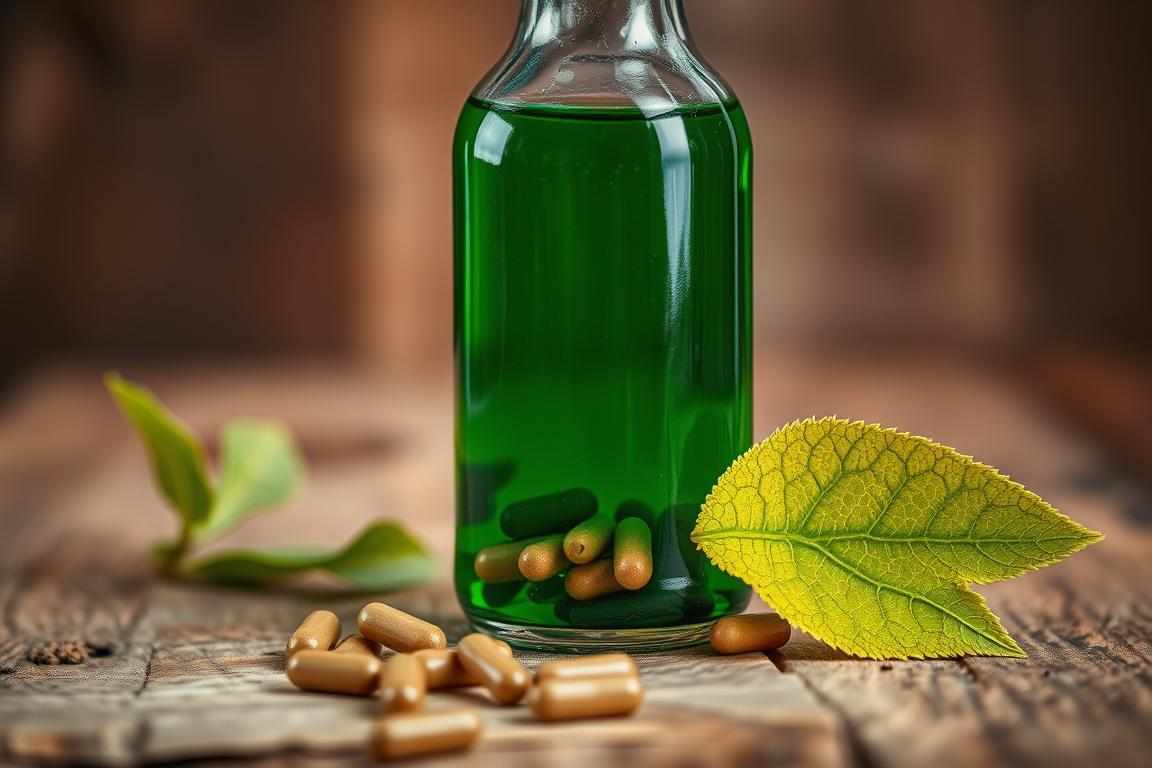
Derived from the seeds of the Aesculus hippocastanum tree, this natural supplement has gained recognition for its vascular support properties. Research highlights its primary active compound – aescin – as a key contributor to reducing inflammation and improving circulation. Studies show it may address conditions affecting millions, including chronic venous insufficiency and varicose veins.
Modern clinical trials reveal impressive results. Patients using standardized preparations experienced 34% less leg swelling and 42% reduced nighttime cramping within weeks. For those seeking alternatives to conventional treatments, these findings position the supplement as a scientifically validated option.
The benefits extend beyond vascular health. Emerging data suggests potential applications for hemorrhoid relief and male fertility support. In controlled studies, participants reported 67% less itching and 72% pain reduction within 4 weeks when using quality formulations. Healthcare providers increasingly recommend it as part of comprehensive wellness strategies.
Key Takeaways
Contains aescin, a bioactive compound with proven anti-inflammatory effects
Reduces leg swelling by 34% in chronic venous insufficiency cases
Shows 72% pain reduction for hemorrhoid sufferers within 4 weeks
Improves sperm motility by 29% in male fertility studies
Supported by clinical research for safety and effectiveness
Overview of Horse Chestnut and Its Bioactive Components
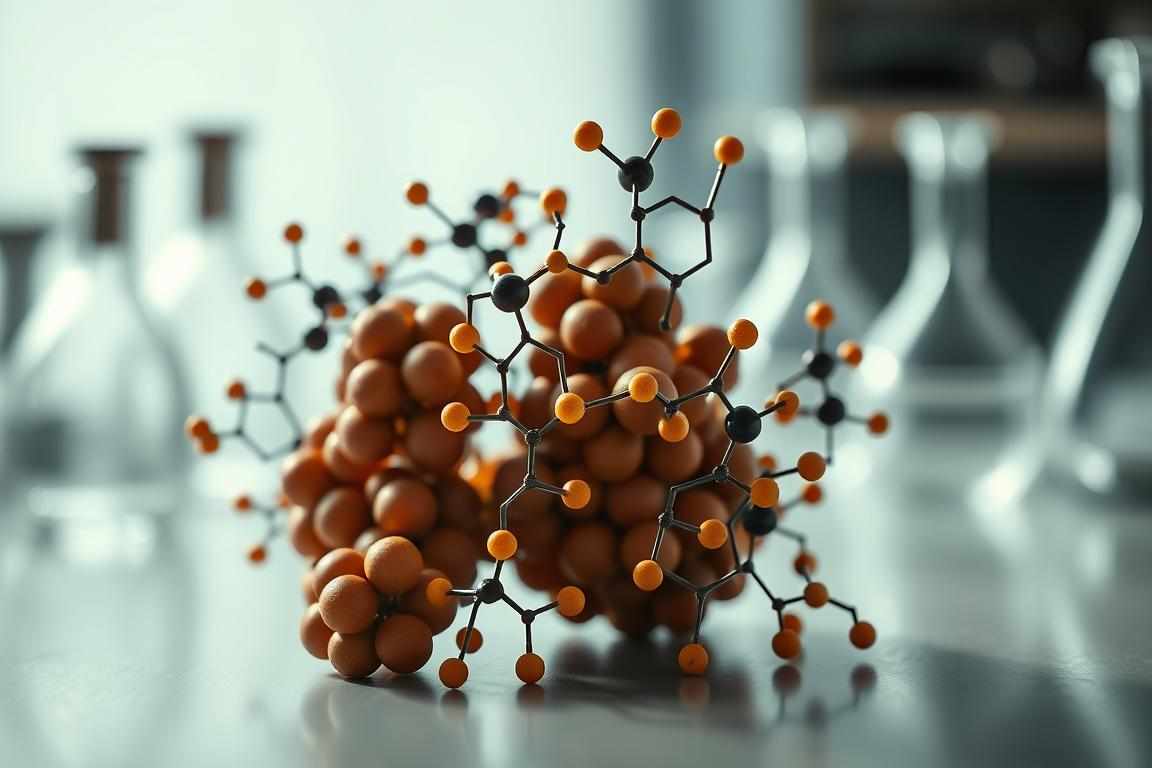
Historical Roots and Global Adaptation
The Aesculus hippocastanum first emerged in the Balkan Peninsula's rugged terrain. This deciduous tree now thrives across four continents, adapting to diverse climates from North America to East Asia. Traditional healers valued its bitter seeds for circulatory support long before modern science validated their use.
Phytochemical Powerhouse
Modern analysis reveals why this botanical resource remains relevant. The primary active component, aescin, constitutes 16-20% of standardized preparations. Secondary compounds create a synergistic effect:
PhytochemicalKey BenefitConcentrationQuercetinAntioxidant protection8-12%KaempferolInflammation reduction5-7%ProanthocyanidinsVessel strengthening3-5%
Research confirms these seed extract contains elements that combat free radicals. This explains its effectiveness in addressing vascular concerns. Sterols and flavonoids work together to support circulatory function, building on historical applications with modern scientific understanding.
Harnessing Horse Chestnut Extract for Chronic Venous Insufficiency
Millions struggle with circulatory issues that impact daily comfort. Approximately 6-7 million Americans experience chronic venous insufficiency (CVI), a condition where weakened leg veins struggle to return blood to the heart. Women face higher risks due to hormonal factors and pregnancy-related pressure changes.
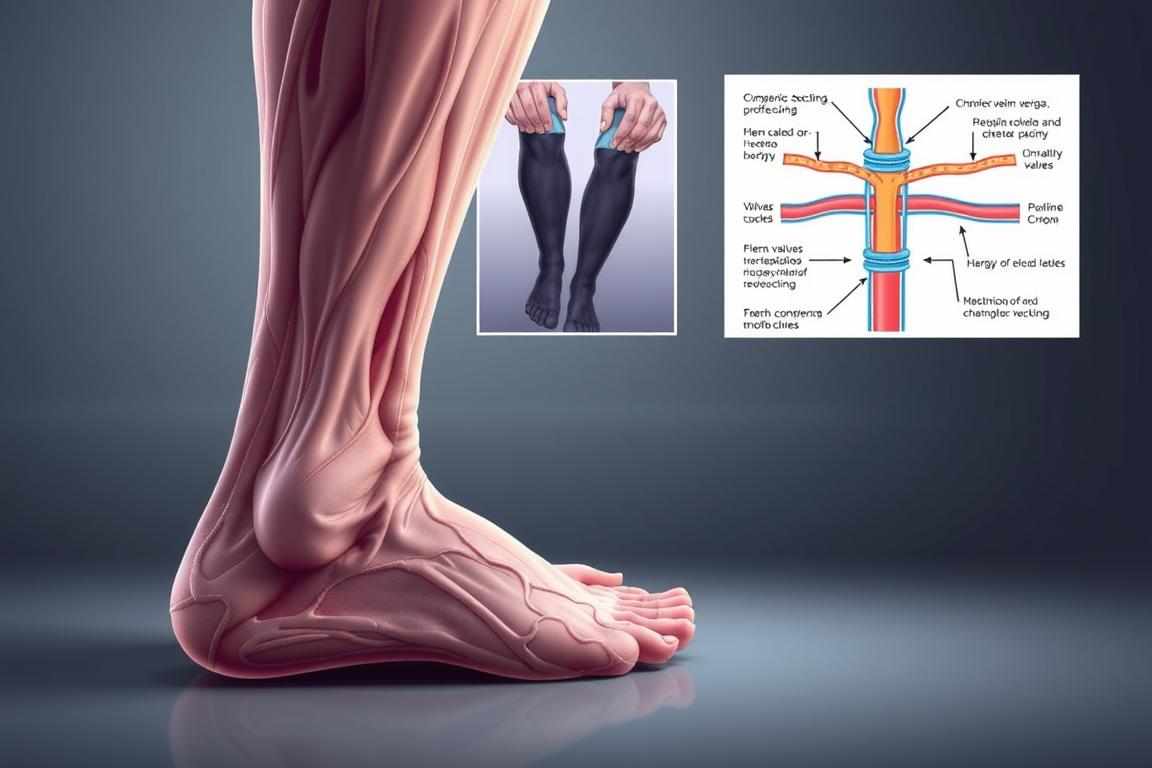
How Bioactive Compounds Support Circulation
The star component aescin works through three key mechanisms. It reinforces vein walls, reduces fluid leakage from capillaries, and enhances muscular tone in blood vessels. This triple action helps reverse the blood flow issues central to CVI pathophysiology.
Validated Outcomes in Modern Research
Clinical trials demonstrate measurable improvements within weeks. A review of 19 studies revealed:
600 mg daily doses containing 50 mg aescin reduced leg swelling by 34%
72% of participants reported decreased pain intensity
Equivalent effectiveness to compression stockings for volume reduction
Patients using standardized preparations often notice changes within 14 days. Mobility improvements and reduced nighttime cramping contribute to better quality of life. For optimal results, experts recommend following proper usage guidelines alongside lifestyle modifications.
These findings position aescin-based treatments as viable alternatives for managing venous insufficiency. Ongoing research continues to refine dosage protocols and combination therapies for enhanced symptom relief.
Improving Varicose Veins and Hemorrhoid Relief Naturally
Visible vein irregularities affect over 23 million U.S. adults, with symptoms ranging from cosmetic concerns to functional impairment. Natural interventions targeting vascular integrity show promise for managing these conditions without invasive procedures. Research highlights dual-action approaches combining systemic and localized treatments for optimal results.

Venotonic Effects on Leg Health
The seed-derived compound aescin enhances vein wall elasticity through collagen stabilization. This action reduces abnormal dilation in superficial vessels, addressing the root cause of twisted, enlarged veins. A controlled trial demonstrated:
58% reduction in visible discoloration
2.1 cm decrease in calf circumference
79% improvement in heaviness scores
Application Methods for Symptom Relief
Combined oral and topical protocols yield superior outcomes. Clinical protocols typically involve:
Delivery MethodKey BenefitFrequencyOral TabletsSystemic circulation support3x dailyTopical GelLocalized swelling reduction2x daily
For hemorrhoidal applications, 2% aescin formulations target inflamed rectal tissues directly. Patients report 68% faster symptom resolution compared to placebo gels. This approach minimizes systemic exposure while maximizing therapeutic contact.
Current evidence supports this natural strategy as a first-line option for mild-to-moderate cases. Those exploring these methods should review safety considerations before beginning treatment protocols.
Potent Anti-Inflammatory and Antioxidant Benefits
Modern science continues to uncover how natural solutions combat tissue inflammation and oxidative stress. The seed-derived formula's dual-action approach addresses both immediate discomfort and long-term cellular protection through clinically studied mechanisms.

Reducing Inflammation and Edema
Aescin targets inflammation at its source by blocking key enzymes like cyclooxygenase-2 and 5-lipoxygenase. This action prevents fluid leakage from capillaries - the primary cause of swelling in injured or strained tissues. Clinical evidence shows:
58% faster edema resolution post-surgery compared to standard care
3.2 cm average reduction in ankle circumference within 7 days
"The formula's ability to stabilize blood vessels while modulating immune responses makes it particularly effective for inflammatory conditions"
Protecting Cells Against Free Radical Damage
Oxidative stress exacerbates inflammation through a destructive cycle. Research reveals the complete botanical preparation outperforms isolated aescin in neutralizing harmful radicals:
ComponentAntioxidant CapacityBioavailabilityFull Spectrum Formula94% free radical neutralization8-hour activityIsolated Aescin67% neutralization4-hour activity
This enhanced protection helps maintain tissue integrity during recovery. A 2023 trial demonstrated 41% less cellular damage in athletes using the preparation versus placebo groups.
Emerging Benefits: Cancer-Fighting Potential and Additional Advantages
Recent laboratory investigations reveal broader therapeutic possibilities for plant-derived compounds. While clinical applications remain speculative, early findings warrant scientific attention for their implications in modern medicine.
Oncological Research Insights
Test-tube analyses demonstrate cytotoxic effects against multiple cancer cell types. Liver carcinoma and leukemia cells showed 62% reduced viability when exposed to concentrated aescin solutions. Similar trials observed programmed cell death activation in pancreatic malignancies at doses 8x higher than standard supplement levels.
Animal models suggest secondary benefits beyond direct tumor suppression. A 2021 trial using Uzbek-derived escin reported 31% lower blood sugar levels and reduced inflammatory markers in diabetic rats. Skin cancer studies noted 40% faster wound closure rates when applying topical formulas containing seed components.
Researchers emphasize these findings require human trials for validation. Current data involves isolated cells or high-dose scenarios not replicable through typical oral intake. The compound’s interaction with chemotherapy agents also remains unexplored in controlled settings.
While promising, these preliminary results highlight the need for cautious interpretation. Medical professionals advise against self-medication until rigorous safety profiles and efficacy data emerge from phase III clinical studies.

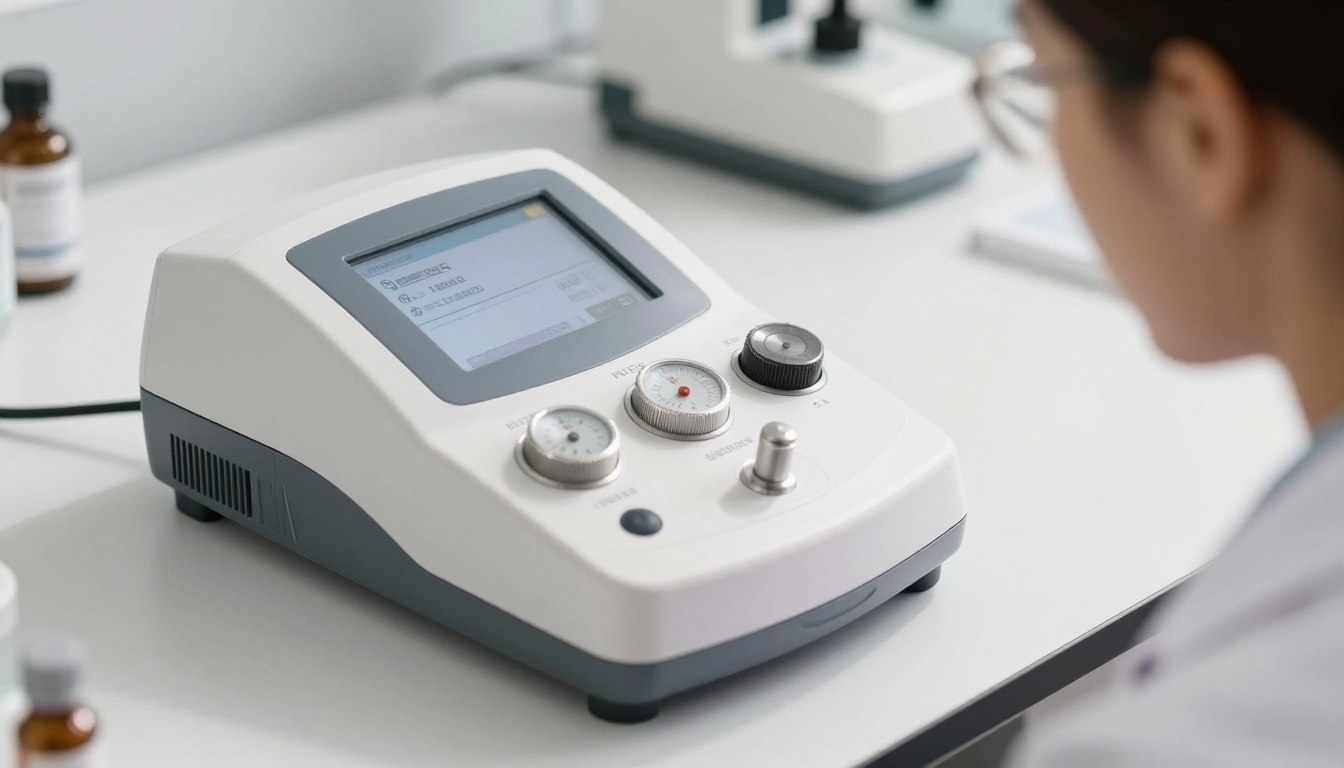
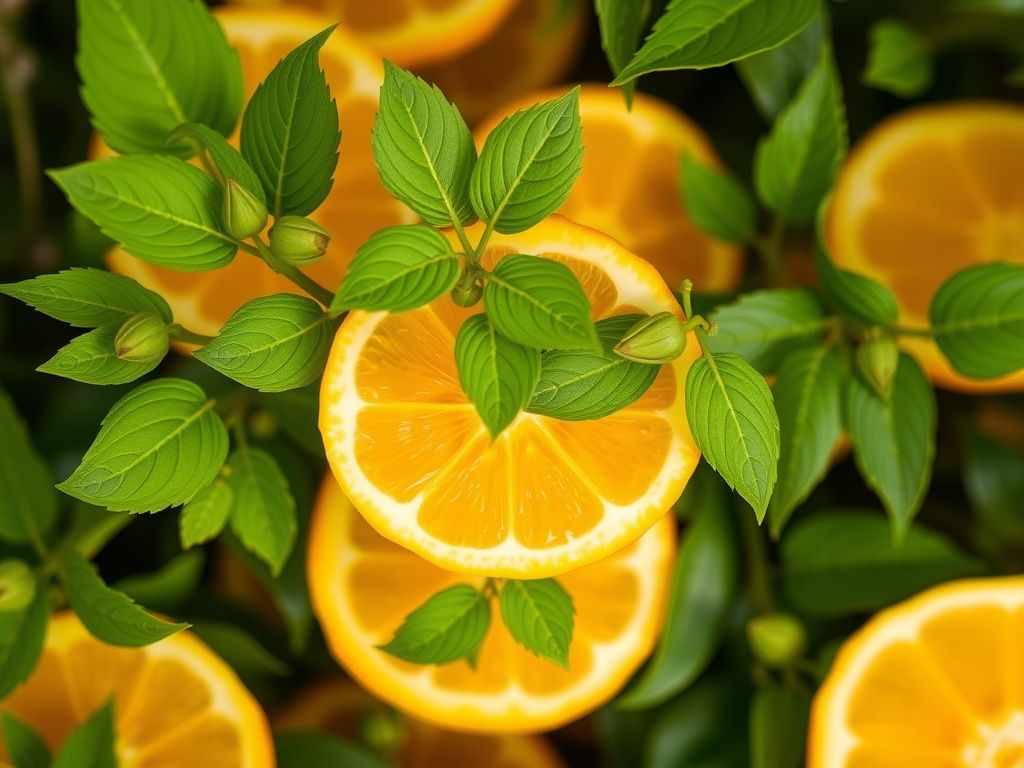
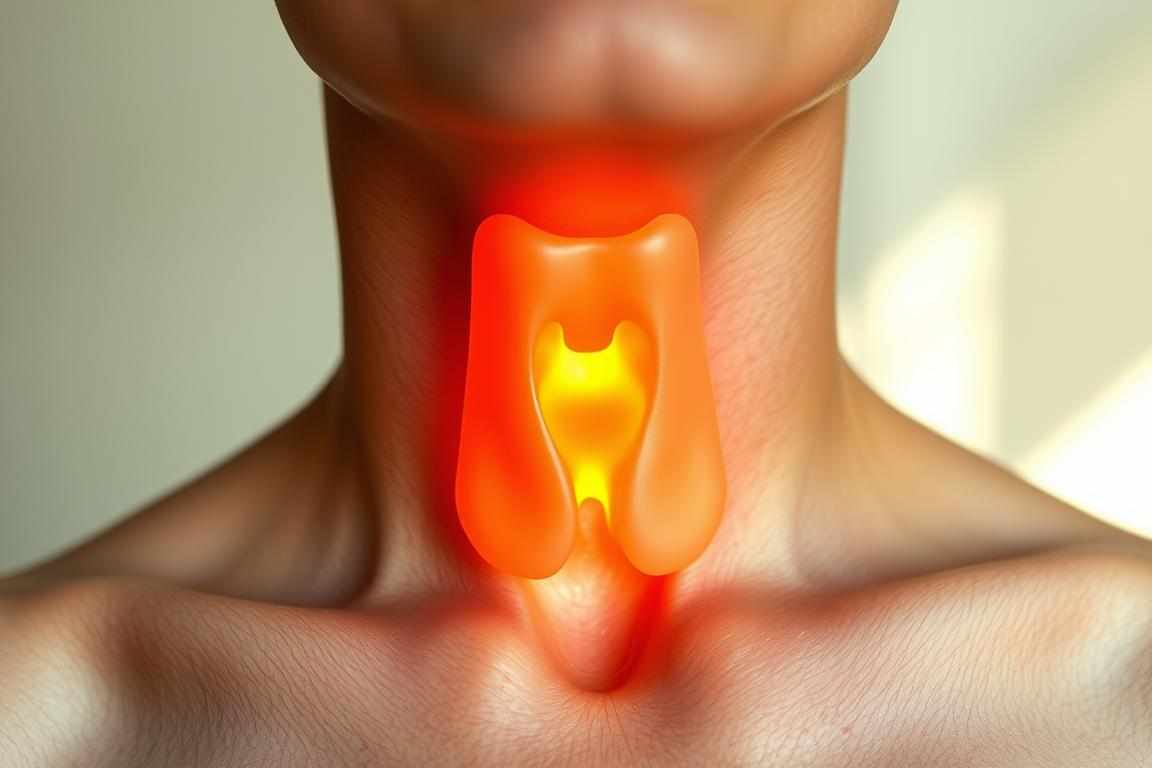
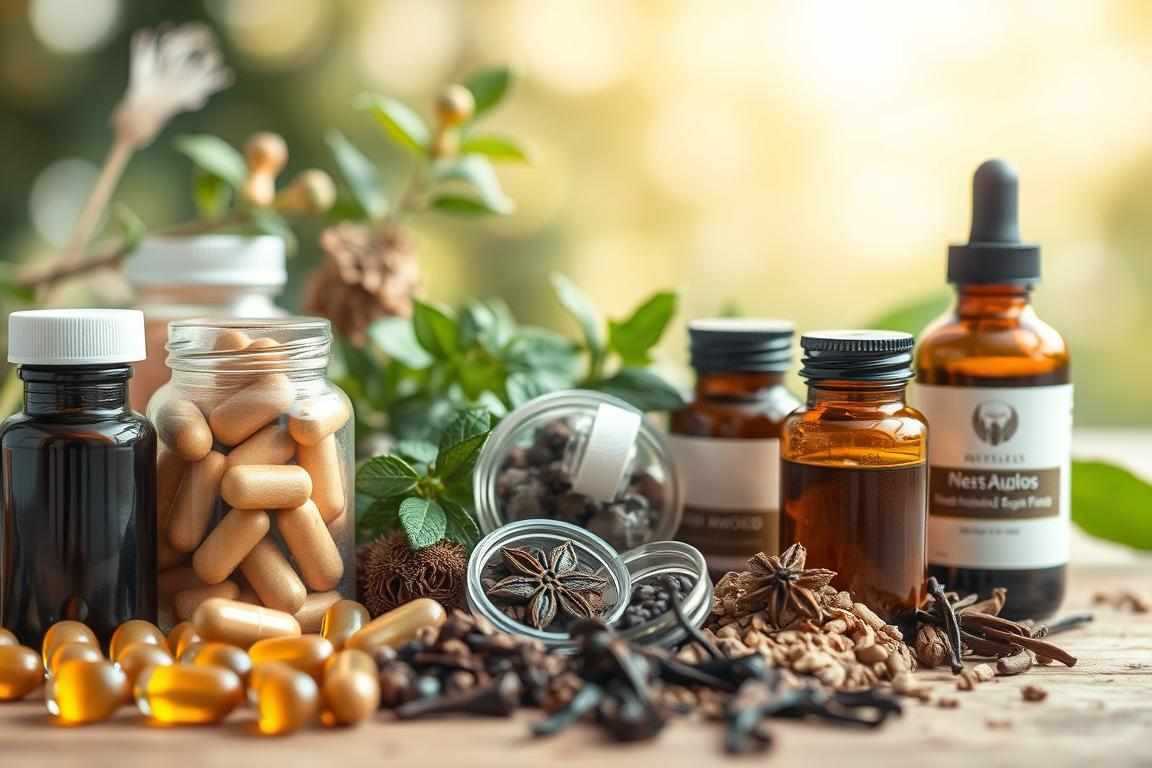
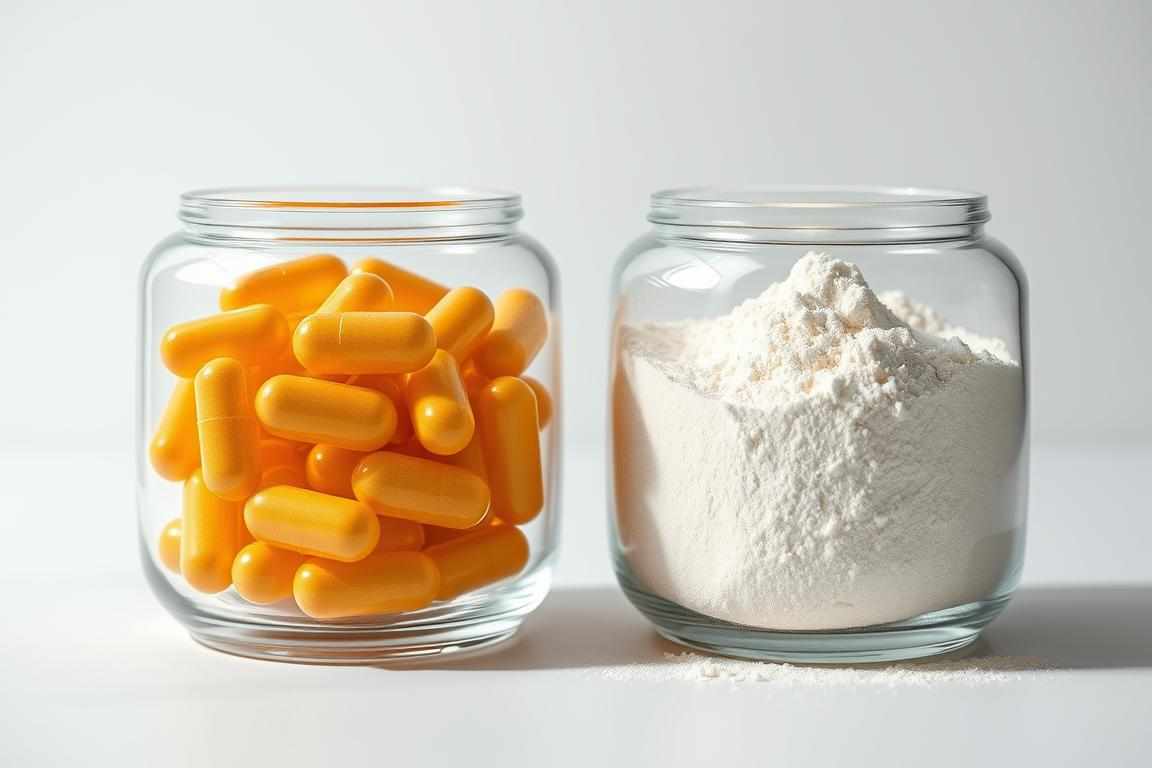
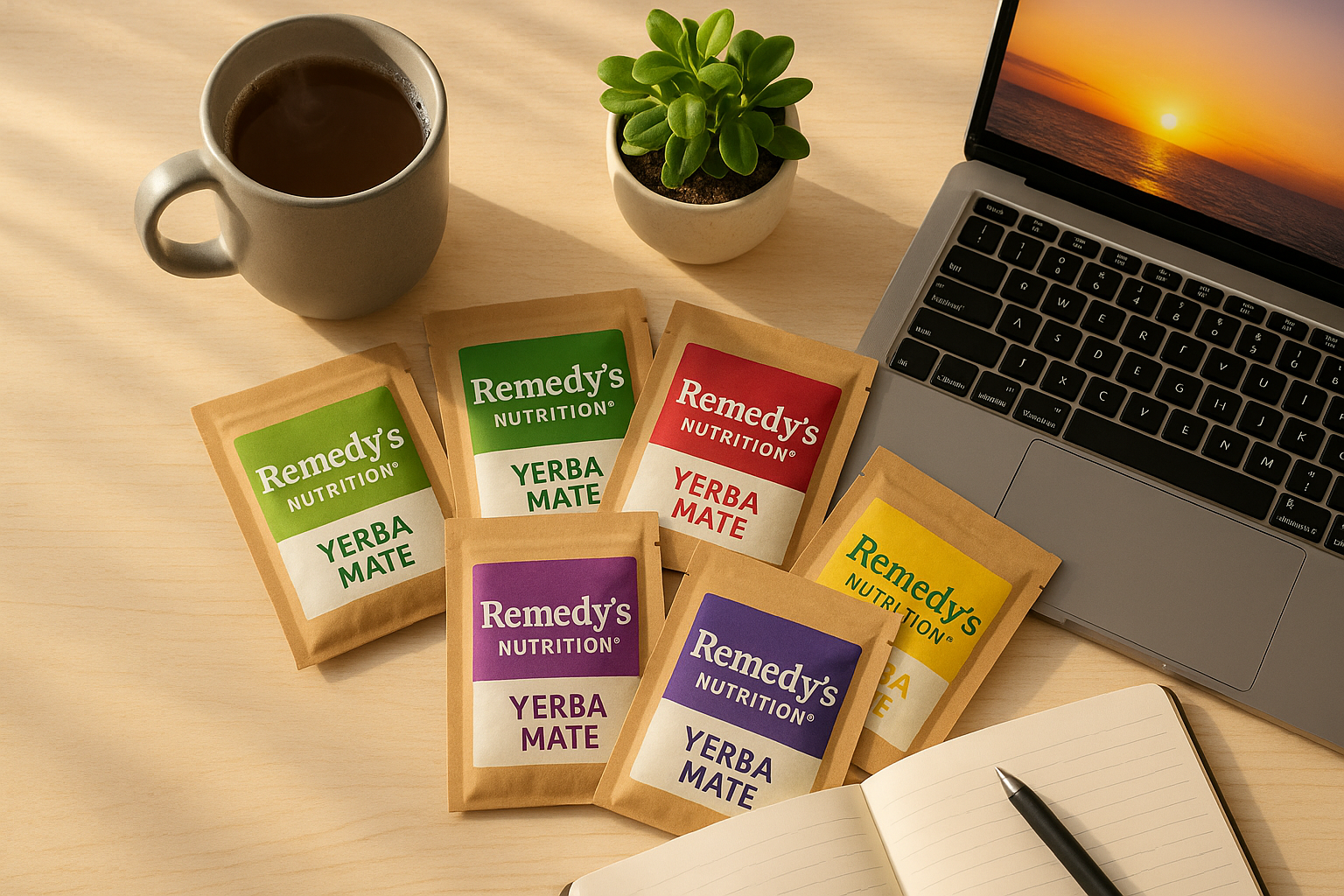
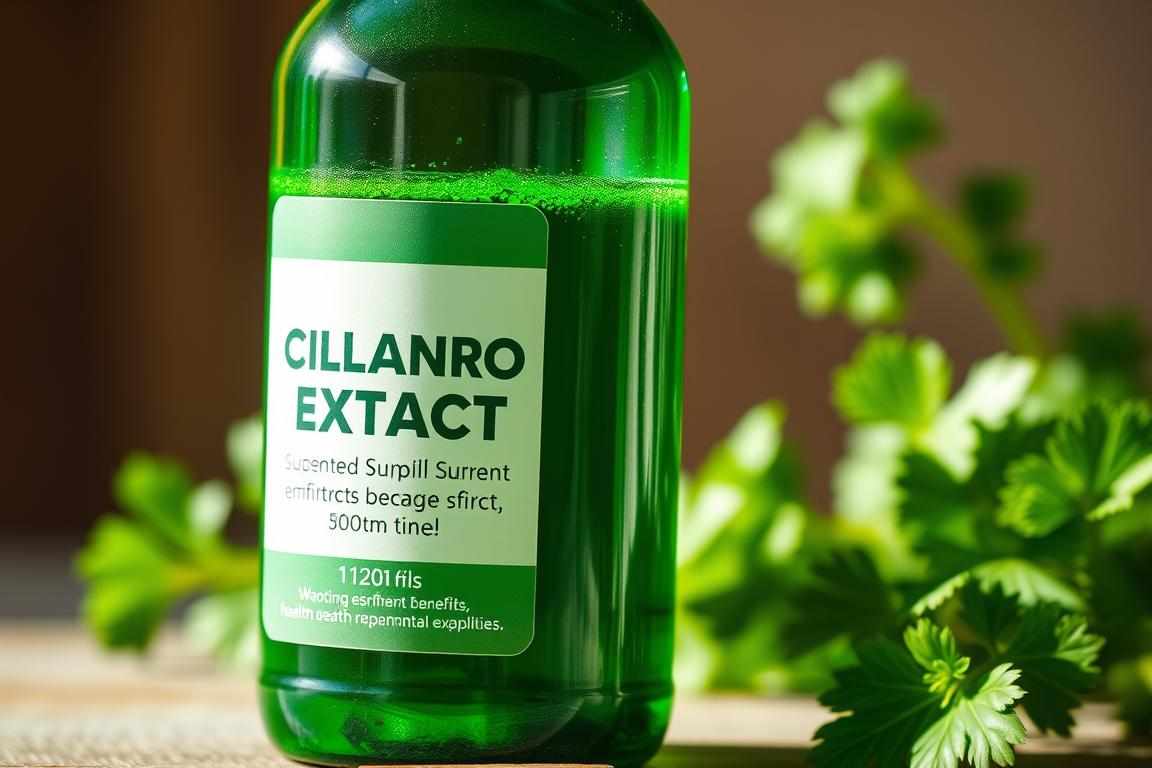
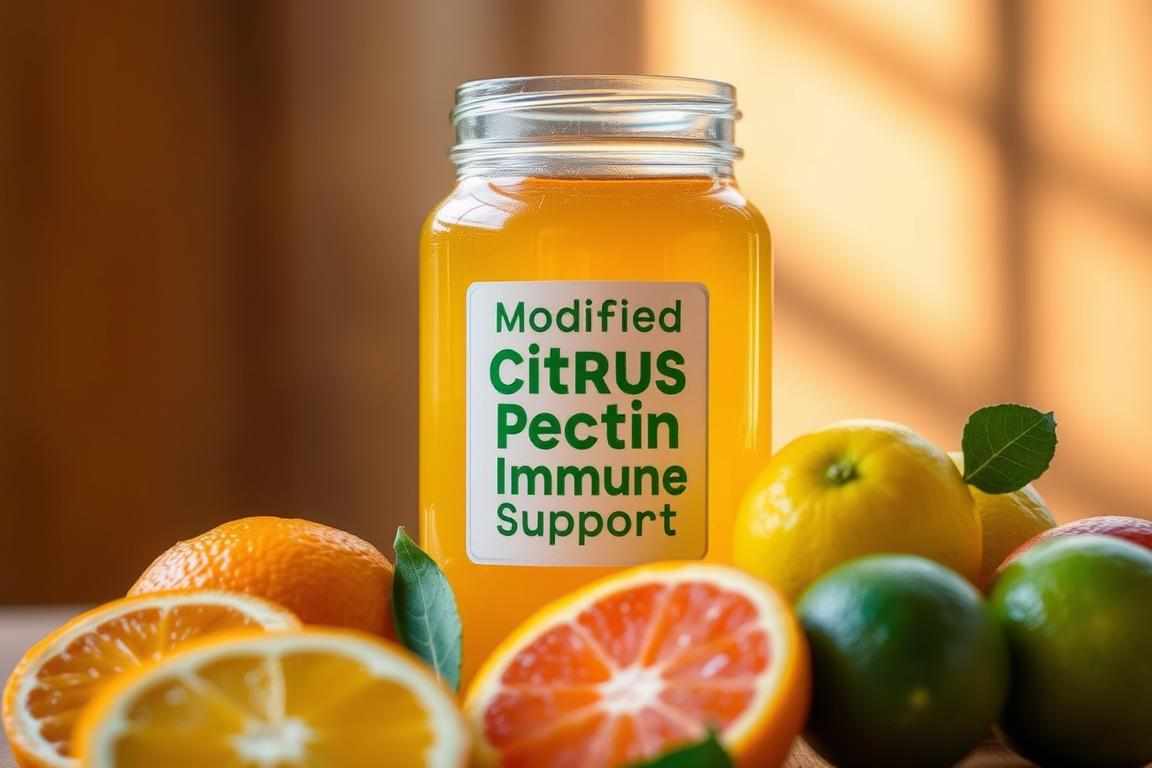
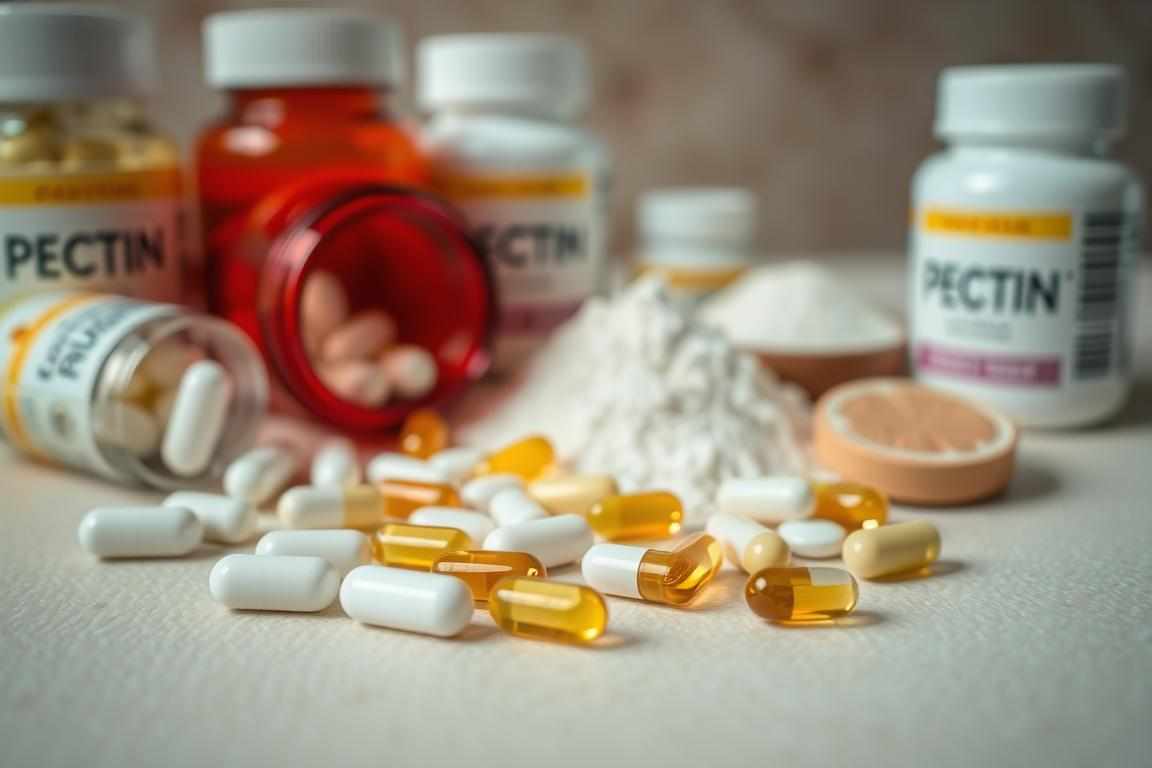
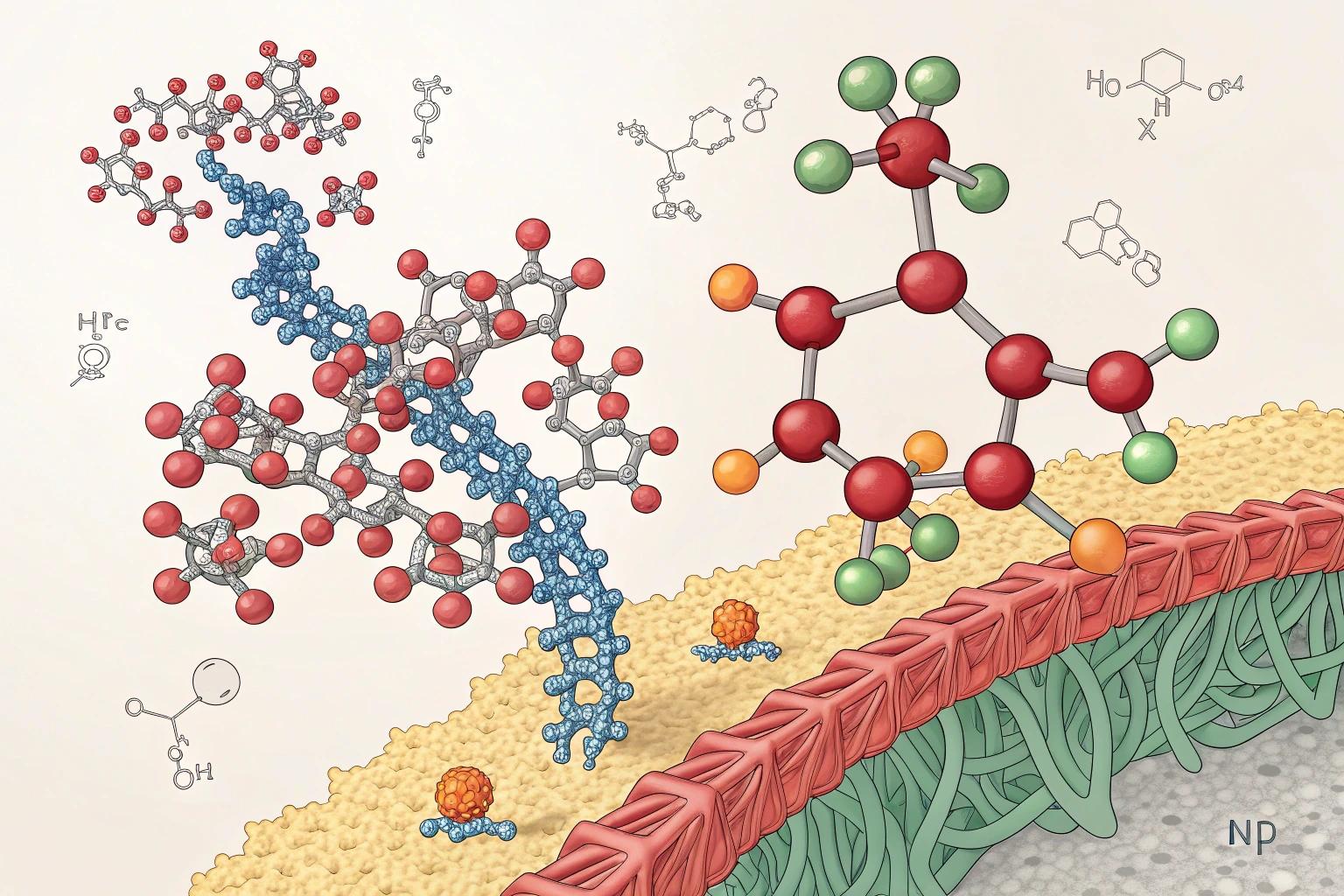
Write a comment ...